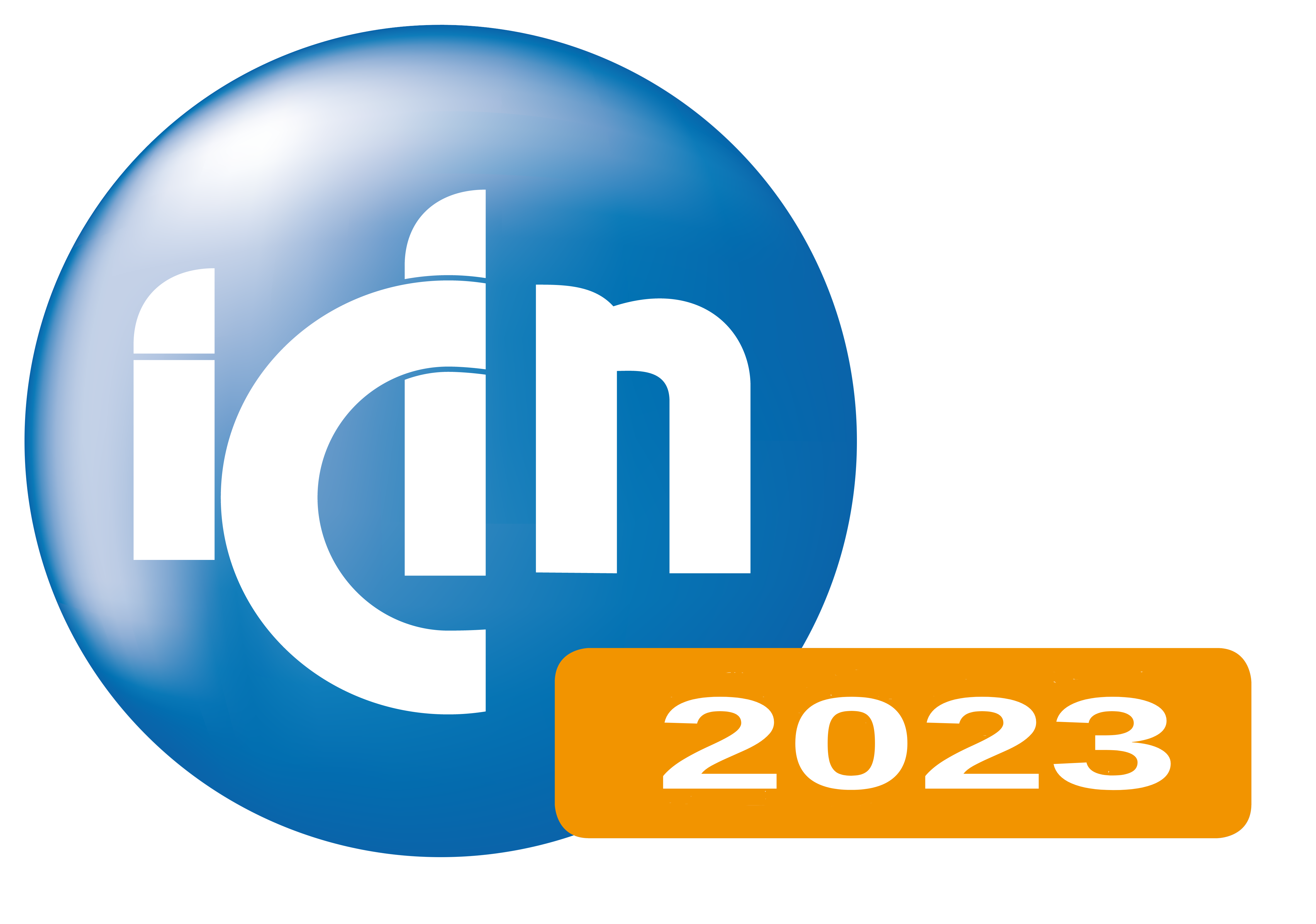Call for Tutorial Proposals
The 26th conference on Innovation in Clouds, Internet, and Networks (ICIN 2023) seeks tutorial proposals, which should provide clear and focused teaching materials covering hot and emerging topics that are within the scope of the conference, which includes but are not limited to:
– Distributed network intelligence:
- 6G use cases and requirements
- Federation of service-based architectures
- Coverage extension approaches
- Disruptive intelligent infrastructure deployment models
- Intelligence and cooperation models across network segments
- Intelligent and flexible networks and services for high adaptability
- Reliability, scalability, resilience and robustness
- Cross-network intelligence and services trustworthiness enablers
– Edge-to-cloud continuum and intelligent softwarized networks evolution:
- Intelligent edge for vertical industries
- Digital twins challenges
- Automotive and vehicular networking, vehicular cloud services
- Industrial networks and intelligent automation
- Tactile Internet and precision networking
- Functional decomposition and orchestration, service chaining
- Protocols for ultra-low latency and ultra-high reliability
- Fog, edge and multi-access computing and networking
- Security, trust and privacy
– Enablers and services for intelligent wireless and mobile networks:
- Network and service architecture, protocols, application-network layer interworking
- Scalability and multi-tenancy in beyond 5G and emerging networks
- Green networking and efficient resource usage and service delivery
- Security, trust and privacy management in large systems and smart environments
– Network automation and orchestration architectures and protocols:
- Zero-touch network and service management and orchestration
- Artificial intelligence for networks and networks for artificial intelligence
- Orchestration of mobile and ephemeral resources, automated infrastructure discovery
- Network data analytics, anomaly detection, context identification and feature extraction
- Autonomic and cognitive networking
- Automated data, control, and management planes
- Intent-based network management
- Network programmability
- Multi-layer and multi-domain collaborative orchestration
- Automated multi-site network connectivity service management
- Automated QoS and QoE management
- Orchestration of distributed cloud and network resources
- Security, societal and legal aspects of network automation
– Technologies for innovation in clouds, Internet and networks:
- SDN, NFV, service function chaining, function placement and network embedding
- Cloud-native design applied to network planes
- Serverless computing and FaaS
- Application-aware networking
- Blockchain and Distributed Ledger Technologies in networking and network services
- Advanced multimedia and real-time communications, QoE/QoS Assurance
- Lightweight virtualization technologies, software and hardware acceleration
- Energy-efficient software-defined infrastructures
- Measurement, monitoring and telemetry
- Open-source projects and open standards
- Digital twin for network management (e.g., failure prediction, root cause analysis)
- Knowledge-based network management
Submission Guidelines
An ICIN 2023 tutorial proposal should be submitted in a single PDF file (3 pages max.), and must include the following:
- Tutorial title
- Tutorial Duration: either 1.5 hours or 3.5 hours (with a break)
- Abstract briefly describing the concept and content of the tutorial (no more than 200 words)
- Names, affiliations, and short biographies of the speakers, highlighting their experience on the proposed topic (no more than 200 words per speaker)
- Intended audience and a brief description of the background required by the tutorial attendees
- Tutorial content: a detailed description of the tutorial content. It should highlight the relevance and timeliness of the addressed topic, the goals of the tutorial, and an outline of its content.
- Handout material: a description of the non-interactive material that will be provided to the tutorial’s attendees (e.g., slides, code snippets, tool documentation)
- Hands-on material (if applicable): a description of the tools that will be provided to the tutorial’s attendees and interactions that will be expected from them
Please submit your proposal by December 5th, 2022 to the Tutorial Co-chairs sending an email to:
- Bruno Chatras (Orange, France) bruno.chatras@orange.com
- Zarrar Yousaf (NEC Laboratories Europe GmbH, Germany) Zarrar.Yousaf@neclab.eu
General Co-Chairs
- Diego Lopez (Telefonica, Spain)
- Marie-José Montpetit (Concordia University, Canada)











